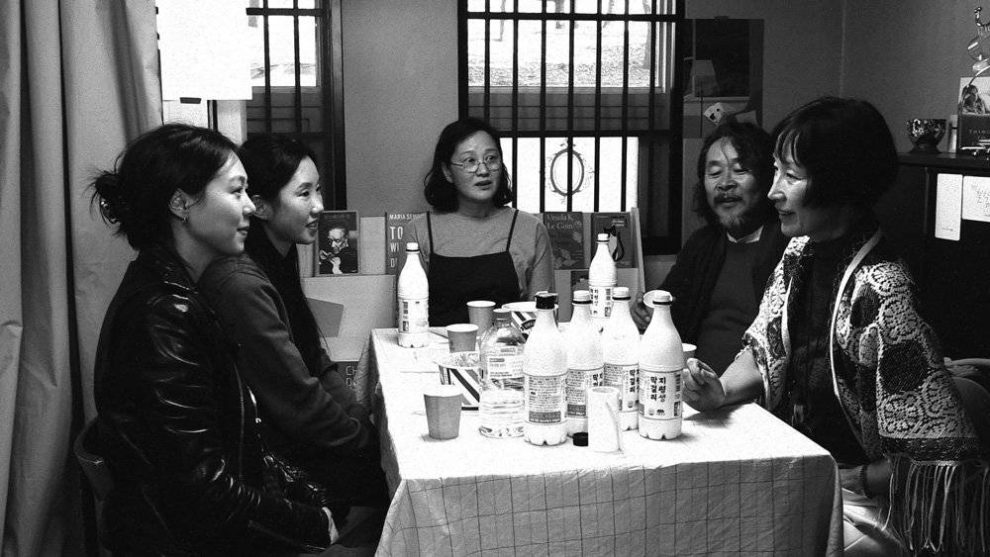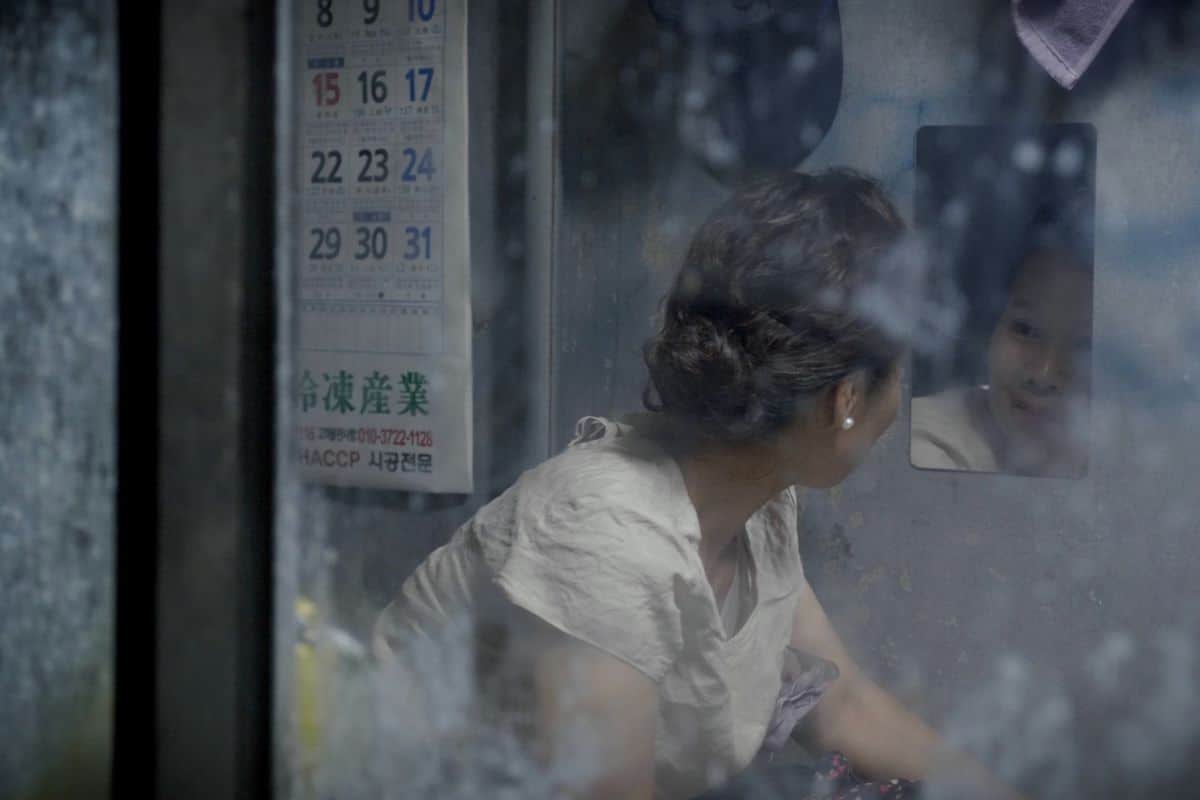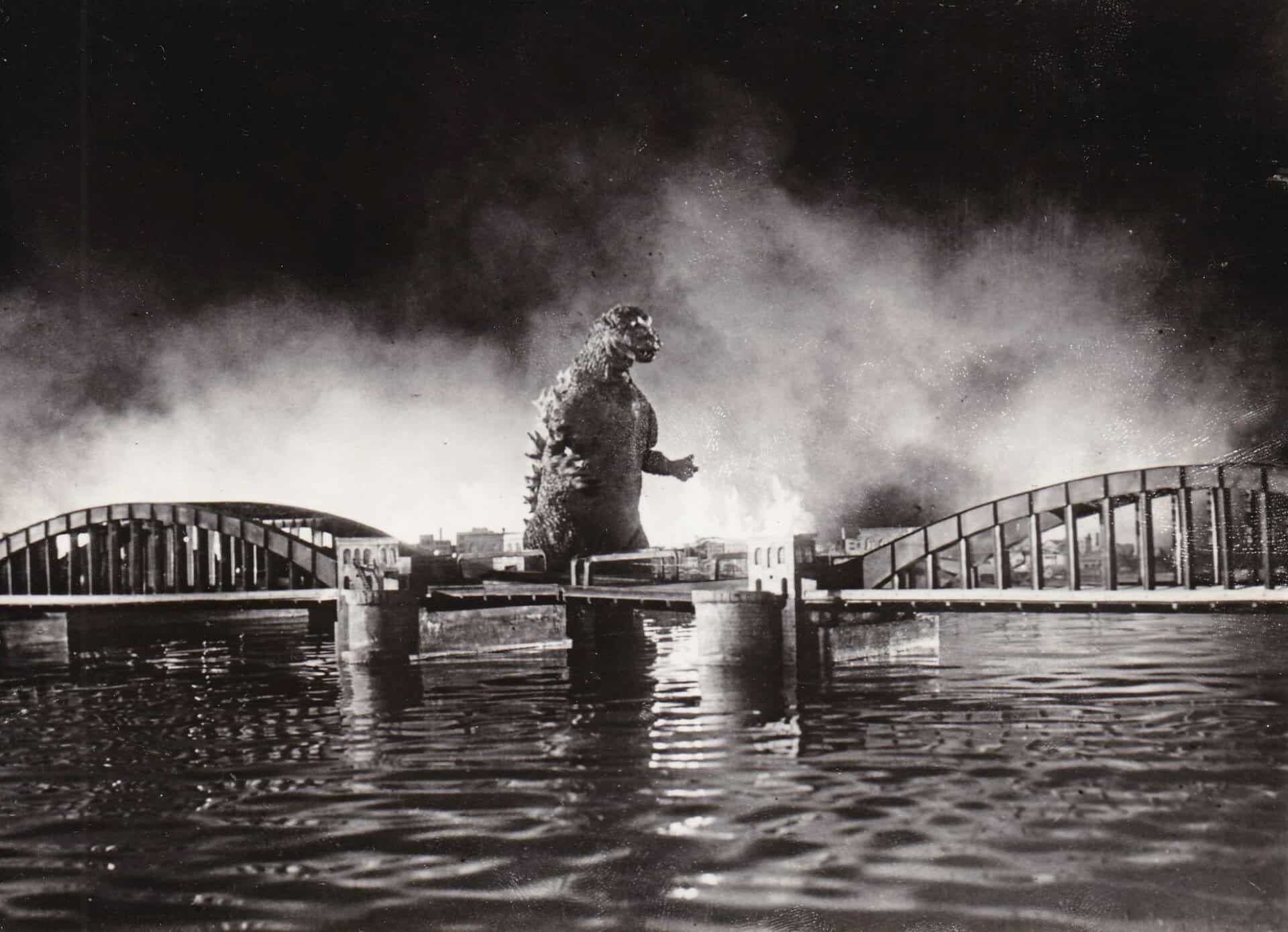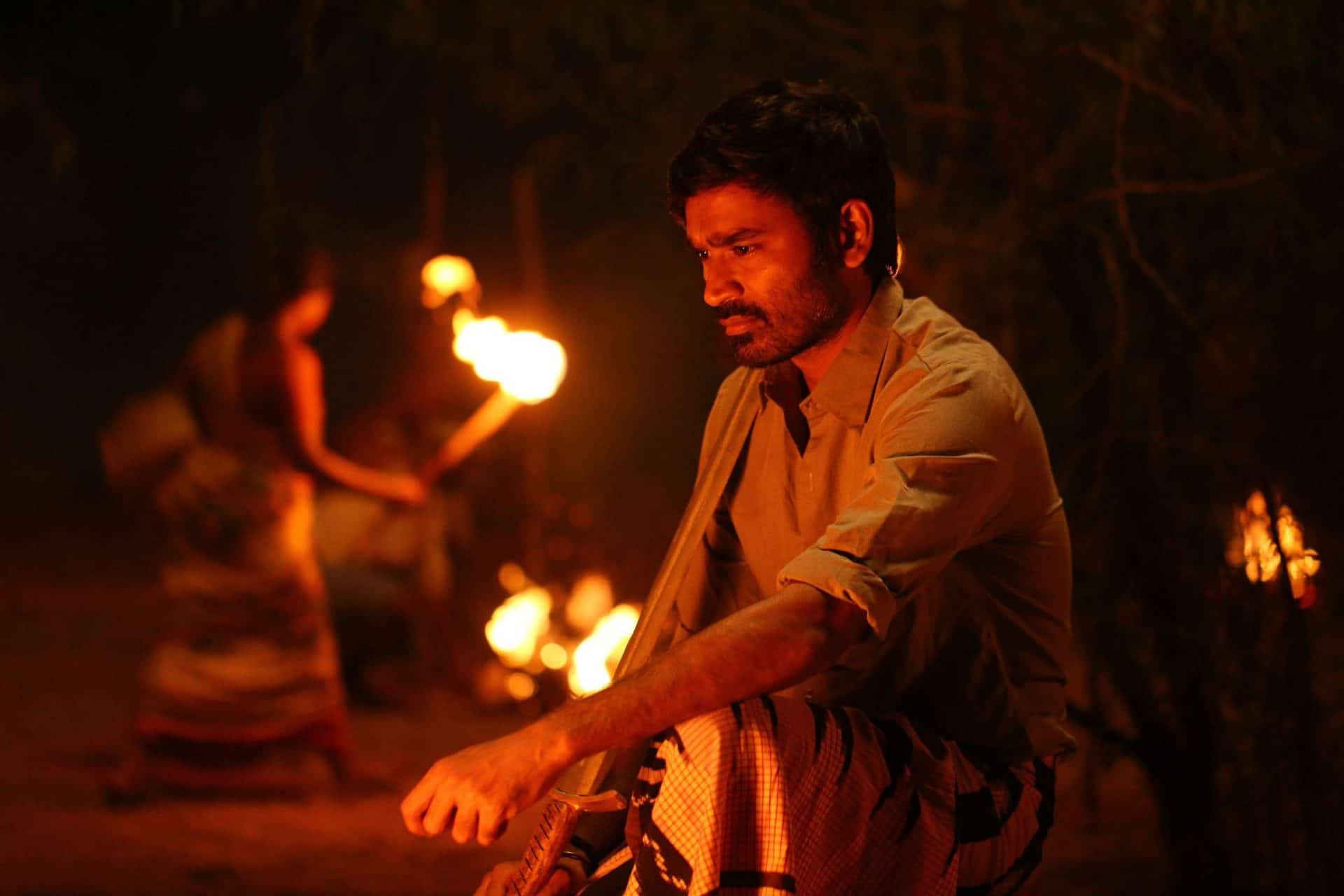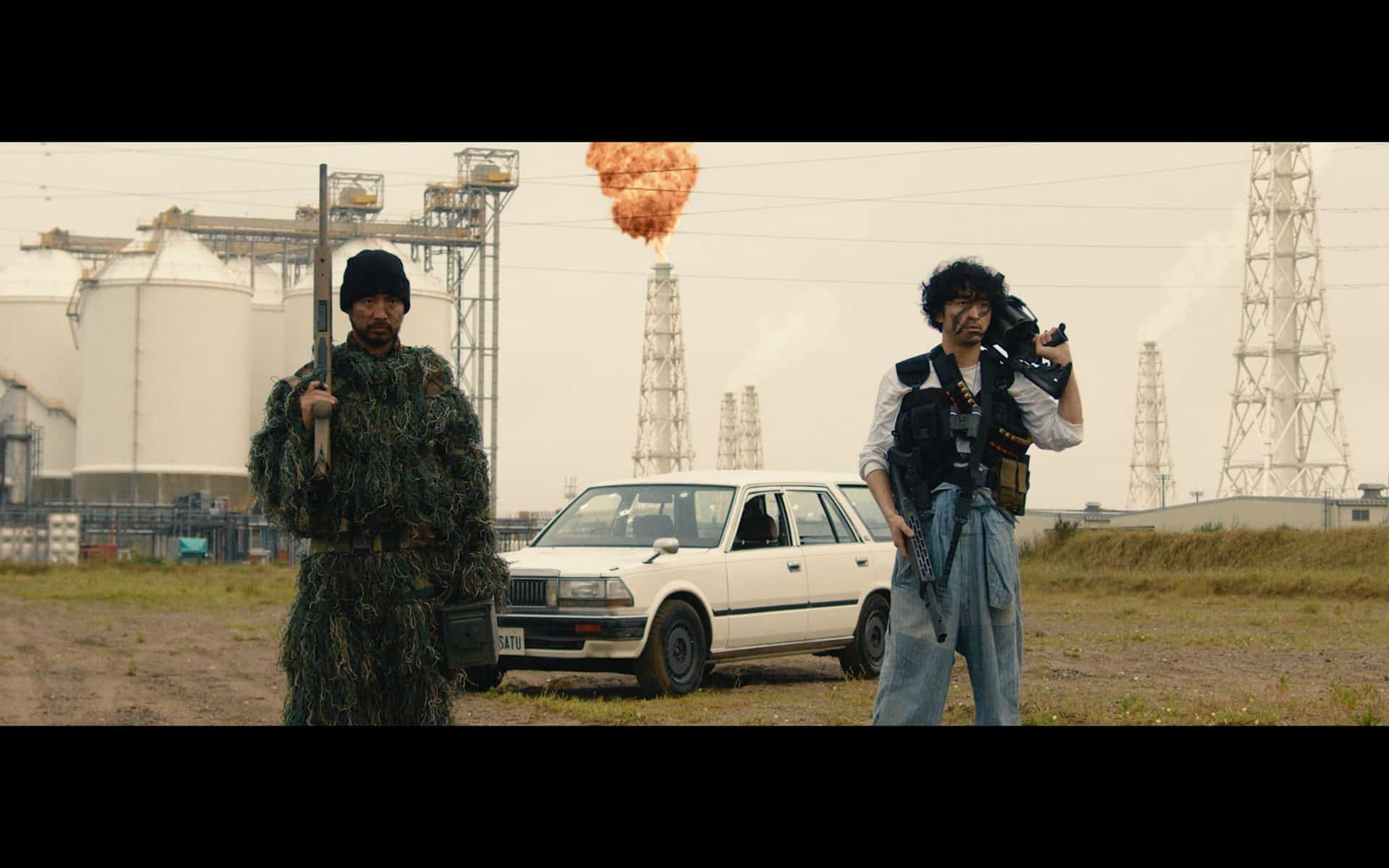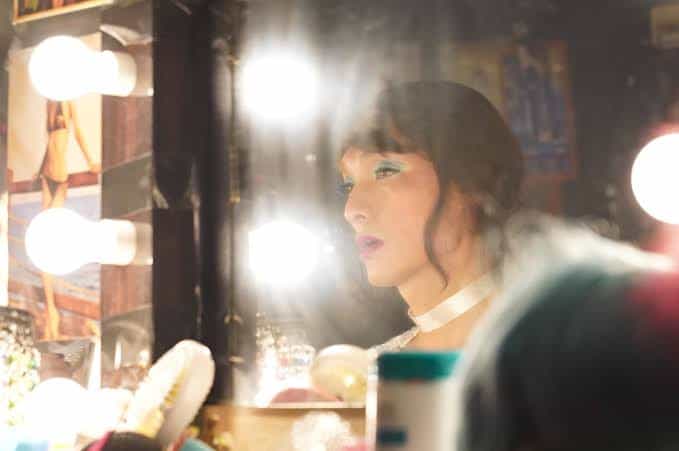Three things in life are certain: death, taxes and a Hong Sang-soo film screening and, since the last years at least, winning at the Berlin International Film Festival. After taking it easy for a couple years, making only one feature in that timeframe which also screened and won at the Berlinale, Hong Sang-soo returned back to winning ways last year with two releases, “Introduction” and “In Front of Your Face”. The former won him a Silver Bear for Best Screenplay at Berlinale, whereas “In Front of Your Face”, showing a much more pensive side to the 61-year-old director, is generally considered his best work in recent years and one of the best in his oeuvre. This year, he returned to the German festival with “The Novelist's Film”, winning himself his fourth Silver Bear Grand Jury Prize there.
It is by now a moot point to say that a new Hong Sang-soo feature involves a number of meetings and conversations between its lead character and those around them. In “The Novelist's Film”, the focus is on Jun-hee, a novelist of much repute and renown, who goes on a trip to visit a younger colleague she has lost touch with, who now owns a bookstore. Through the duration of the day that she's there, she meets people old and new, including a director that she's known and had a falling out with and his wife, a well-known actress and her husband's film-student nephew as well as a poet friend from her days of youth. During the day, she also expresses her desire to shoot a short film with the actress and her nephew.
“The Novelist's Film” has a lot in common with its immediate predecessor “In Front of Your Face”. In addition to having the same leading lady in Lee Hye-young, the lead character here too is an ageing artiste burdened by a worry. Whereas she was worried about the terminability of life itself in the previous work, here she is faced with potential terminal nature of her talent as she suffers a writer's block which she fears might be permanent. Her writing may be suffering, but Jun-hee still has a creative spirit unwilling to lay dormant.
This ties in with the idea of fulfilling one's desires while one still can, lest they get to a point where they can't do it anymore. The story, after all, isn't what's important, as Jun-hee keeps stressing; it's the desire to just do what she wants to do that drives her and her conversations with the actress Gil-soo on, a feeling that fans of Hong's works might be all too familiar with in his output. Through Jun-hee's run-in with her old poet friend, the narrative also contemplates on the passage of time and its effects on individuals, their work and their personalities.
Once again, Hong is interested in the most mundane, often letting the images do much of the talking. This is expressed most fascinatingly in two sequences, one early on in the feature when Jun-hee asks her junior's assistant, who happens to know sign language, to teach her how to say a line from one of her books in the language of the wordless and another much later in the narrative, an interesting burst of colour in the otherwise monochrome feature that plays like a film-within-a-film, which too takes pleasure in the little joys and moments.
The casting too has a mild sense of deja vu here when spoken about in the same breath as “In Front of Your Face', with Lee Hye-young returning to play an artist that is probably reaching the end of her career, wanting to do certain things before its too late. Once again, she feels completely at ease with Hong's formally informal style of filmmaking, taking part in the long-shot conversational scenes with ease. Her scene with Kim Min-hee are among the best in this twenty-seventh feature from Hong Sang-soo. Kim's ever-smiling presence with a leather jacket on makes for a welcome addition after missing her in “In From of Your Face” and a much smaller role in “Introduction”. Kwon Hae-hyo also features once again as a director, except this time he's someone who doesn't quite understand the novelist's dislike for him instead of having a long-standing crush on her.
Donning multiple caps yet again, working as cinematographer, editor and composer in addition to writer and director, it seems Hong Sang-soo is most comfortable when he has the majority aspects of production in his own hands these days, making yet again a feature that has a number of positives to take from. This is another one of his outputs that may not do enough to convert his naysayers, but “The Novelist's Film” is definitively his own film, one that is sure to give his fans joys aplenty.


